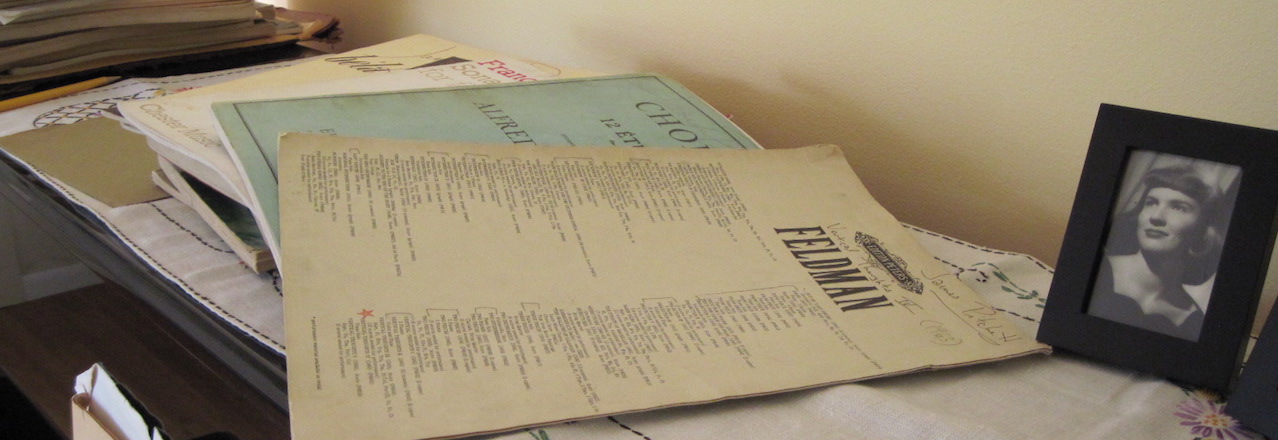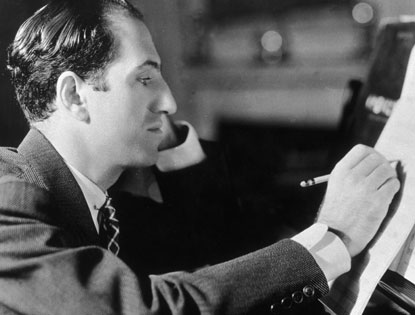When I was sixteen, I developed a fanatical devotion to the music of George Gershwin. I don’t even know how that happened—it just did. I had an extensive record collection of his concert works and listened to them endlessly. I even had a full piano score for Porgy and Bess (courtesy of my mother, who indulged all of my obsessions). I no doubt wore out my friends with my ceaseless raving about my favorite moments in An American in Paris, the best parts of the full Porgy (not just the hits you hear all the time), and so forth.
I did actually play some of the music, although really not that much. I played the three Preludes, I played songs from a song book I had, and, ultimately, I learned the last movement of the Concerto in f. Somehow I never got around to learning the other two movements, even though the first movement was my favorite (as anyone in earshot of me at the time would know).
The peak of my Gershwin craze came in the bicentennial summer of 1976, when I was a winner in the concerto competition at the Brevard Music Center summer camp. I performed the last movement of the Concerto in f with the student orchestra. My whole family came up to see it; it was a great night.
After that, I moved on to more “adult” tastes: I became obsessed with Stravinsky first, and then, more famously, John Cage. By the time I was in my twenties I was embarrassed of my teen Gershwin interlude. I stopped listening to the records, put the scores away, and forgot all about Gershwin, except for the songs, which I continued to love.
I tell all this because I found my Gershwin scores in the attic and spent the morning playing the Rhapsody in blue and bits and pieces of the Concerto in f. I guess I’m approaching what my father referred to as “the age of utter shamelessness” and I can look back at my teen love of this music without cringing. I still can’t hear these pieces without hearing them through that teen filter, without associating them with all the ups and downs of adolescence. And truth to tell, the music sounds a bit like the work of raw youth even in itself (Gershwin was only 26 when he wrote the Rhapsody, and was a ripe old 27 when he wrote the Concerto). But there are some fun bits in there, and I enjoyed hitting all the climactic moments, including the big finish to the Concerto. It was fun to see the notes in my teenage scrawl, reminding me to watch the conductor at key moments and not to take the ending too fast.
Here’s the last movement of the Concerto in my 1976 Brevard performance with the Transylvania Symphony Orchestra, Henry Janiec conducting. Apologies for the audio quality: this is an MP3 of a bad dub of a cassette of an iffy recording, but it’s what I had.

